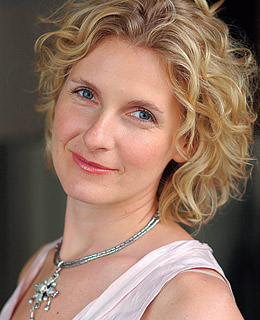

How does her autoeroticism fit into the rest of the novel, and is the book strengthened or weakened by its presence?ĩ. One of the more unsettling themes of The Signature of All Things is Alma’s habitual masturbation.

What do you think of Gilbert’s decision to place the cause of abolitionism, which modern thinkers usually find almost impossible to criticize, in the hands of an asocial, self-denying oddball?Ĩ. Instead of representing Prudence’s abolitionist husband, Arthur Dixon, as an unambiguous hero, Gilbert presents him as a somewhat cracked fanatic, who impoverishes and even endangers his family in the name of an idea. How do Gilbert’s manipulations of space enrich the experience of reading the novel?ħ. At one point, when she plays the part of a comet in a tableau of the solar system, she even becomes figuratively a part of outer space. During the course of the novel, Alma must adapt to dealing with microscopic space as well as global space. How might these different notions of time help to relate the world of science to the world of miracles? Is the miracle of creation just a natural process that took a very long time?Ħ.Gilbert plays with perspective, not only as it relates to time, but also as it relates to space. Alma postulates that there exist a variety of times, ranging from Human Time to Divine Time, with Geological Time and Moss Time as points in between (pp. What role is played in the novel by the Whittakers’ servant Hanneke de Groot? In what ways is her perspective essential to the story?ĥ. How does Alma resemble her father? In what crucial ways do they differ?Ĥ. In what ways does her father’s fortune set her free? In what ways is it a prison?ģ.

Alma Whittaker grows up in the richest family in Philadelphia. Why do you think Elizabeth Gilbert made this choice in her narration, and why are the first fifty pages essential to the rest of the novel?Ģ. The Signature of All Things takes as its first focus not the book’s heroine, Alma Whittaker, but her rough-and-tumble father, Henry.


 0 kommentar(er)
0 kommentar(er)
